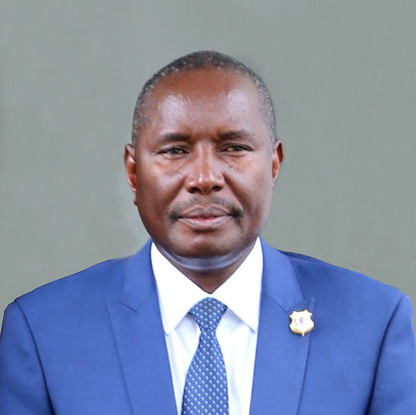The country anticipates benefiting from a new approach that will enhance its revenue collection based on strategic tax policies for Sustainable Development Goals (SDGs).
To meet the required set goal, the experts met in Dar es Salaam recently to identify existing systemic challenges and explore the path forward to reshape the global and the country tax landscape
Tanzania Revenue Authority (TRA), Commissioner for Large Taxpayers, Michael Muhoja, said during a tax policy dialogue focused on improved compliance and a renewed social contract for SDGs that the discussion was based on the pivotal role of tax in achieving the SDGs.
“One of the agenda of the dialogue was bringing the fourth perspectives and evidence from national-level discussions, contributing to the global stage discourse on equitable tax systems and tax justice,” Mr Muhoja said.
The Agenda 2030 encompasses 17 SDGs and represents a global imperative to eradicate poverty, safeguard the environment and ensure universal peace and prosperity.
“Achieving these goals demands substantial, well-directed public and private investments, which is further complicated by current [global] crises and collection of tax,” the commissioner said.
The taxmen, also, targeted the focus of improving collaboration and cooperation which led to the encouragement of knowledge and the exchange of information among stakeholders, including tax administrations, ministries, members of parliaments, civil society organisations, development partners, the private sector and journalists.
The Resident Representative of UNDP Tanzania, Mr Shigeki Komatsubara, said that achieving these discussed goals requires significant and well-targeted public and private investment.
“The global inflation rate reached 7.4 per cent in 2022, with rising costs of living, fuelled by increased food and fuel prices. At least 54 developing countries, accounting for over 50 per cent of people living in extreme poverty, need urgent debt restructuring,” he said.
The SDGs financing gap is currently estimated at a staggering 4.2 trillion US dollars. Addressing this gap is crucial for the successful implementation of the SDGs, and tax and fiscal policies are recognised as pivotal elements in financing development, as emphasised by the Addis Ababa Action Agenda.
“Taxation serves a dual purpose in this context. It functions as a tool for revenue collection, contributing to the pool of funds needed to bridge the financing gap,” Mr Komatsubara said.
Tax policies act as a powerful instrument to promote sustainable growth strategies and influence behaviour towards desired outcomes related to climate, nature, well-being and other facets of sustainable development.
Source: Daily News






























































